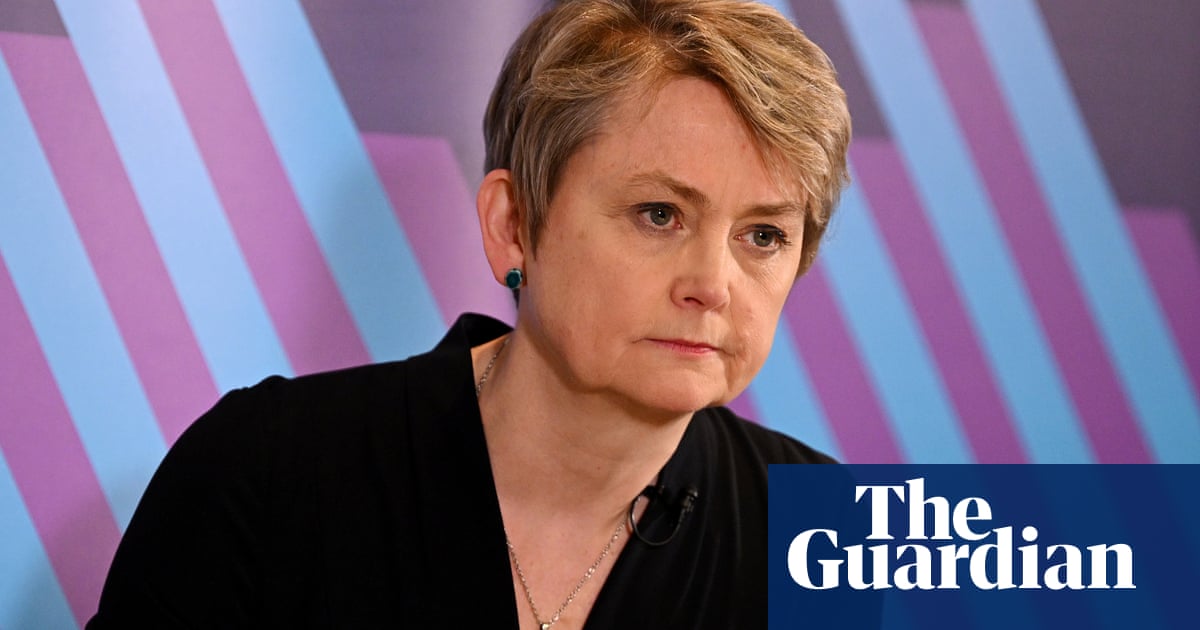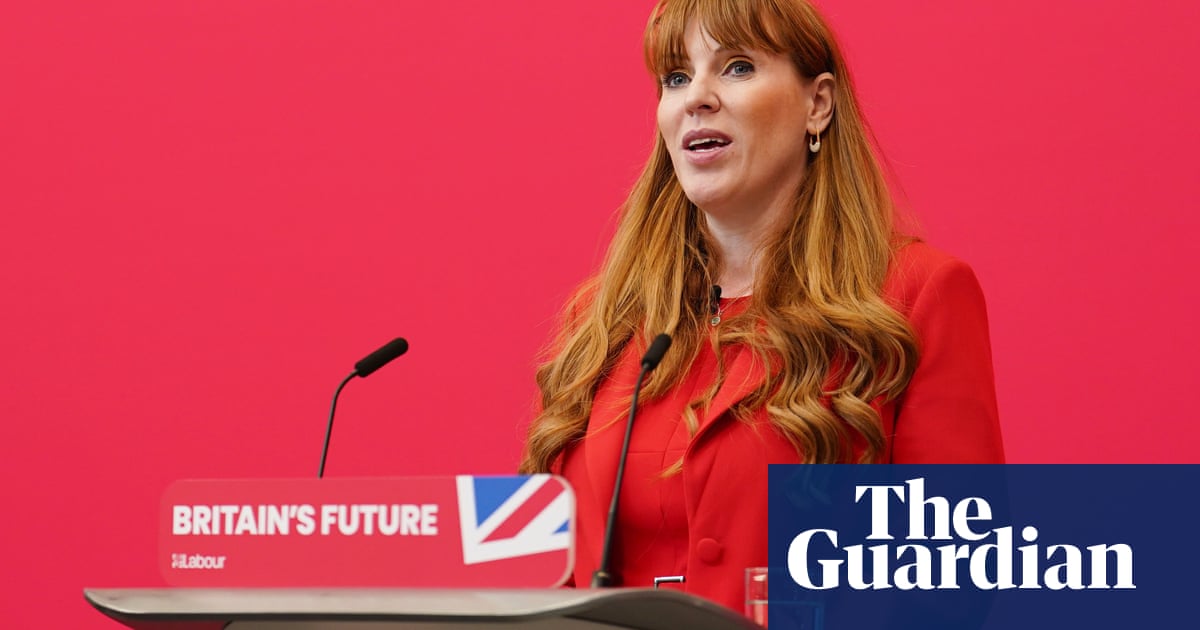
The identities of armed police officers charged after opening fire at suspects are likely to stay secret in future unless they are convicted, the home secretary has announced.
Yvette Cooper’s statement to MPs came after the acquittal on Monday of the Metropolitan police sergeant Martyn Blake for shooting dead Chris Kaba in south London in September 2022. The jury took just three hours to unanimously find him not guilty.
Cooper said the government would introduce a presumption of anonymity in the rare instances in England and Wales when police firearms officers face criminal charges and trial.
Blake is reported to have faced threats after shooting Kaba, an alleged “core” member of the 67 gang.
Cooper said: “When officers act in the most dangerous situations on behalf of the state it is vital that those officers and their families are not put in further danger during any subsequent legal proceedings, so we will therefore introduce a presumption of anonymity for firearms officers subject to criminal trial following a police shooting in the course of their professional duties, up to the point of conviction.”
She said legal thresholds for charging in police use of force cases would be reviewed. Police chiefs want it to be made harder to charge officers who use force as part of their duties.
Cooper also announced a review of thresholds for inquests and inquiries into deaths. An official confirmed that a review would consider whether the standard required for an inquest to find someone was unlawfully killed should become higher.
This review will be led byAdrian Fulford, a former senior judge, and Tim Godwin, who was the acting commissioner of the Met during the 2011 riots, which took place after the police shooting of Mark Duggan.
The home secretary said she wanted to ensure officers have the confidence to use their powers while also reassuring communities that police are not above the law.
She also said police vetting and misconduct would be strengthened. A Labour manifesto promise to put vetting standards on a statutory footing, rather than leaving it to each force to decide, would be acted on, she told the Commons.
A review of police accountability, started under the last government, will be completed, and measures already announced, will be enacted.
Cooper said she wanted to make the system for disciplining officers speedier and simpler. As well as measures sought by the police, Cooper said she would make getting rid of bad officers quicker: “Officers convicted of certain criminal offences are automatically found to have committed gross misconduct; and create a presumption of dismissal where gross misconduct is found.
“We will change regulations to enable chief constables to promptly dismiss officers who fail their vetting, which has been a glaring gap in the system for too long.”
Some fear police in effect want immunity from prosecution, with law enforcement leaders privately pressing for even greater protections than those announced by Cooper.
The Labour MP Diane Abbott said: “So does the home secretary accept that nothing could be more damaging for police community relations than if the idea took hold that in some way the police were above the law?”
Cooper replied: “All these measures have to have the confidence of communities across London and of communities across the country, because if they do not, then that proud British tradition of policing by consent is lost, and that is deeply damaging for police officers and for policing as well as for all of our public safety.”.
The home secretary said the Crown Prosecution Service would review how they consider charging officers for alleged offences while exercising their powers.
The head of the CPS, Stephen Parkinson, the director of public prosecutions, said: “Criminal prosecutions brought against police officers for actions taken in the course of their duties are extremely rare and these decisions are only made after careful consideration of all the relevant evidence and circumstances.
“It is crucial that police officers are able to use their powers with legal certainty and clarity, always balanced with the public’s need to see the highest levels of scrutiny and accountability.”












